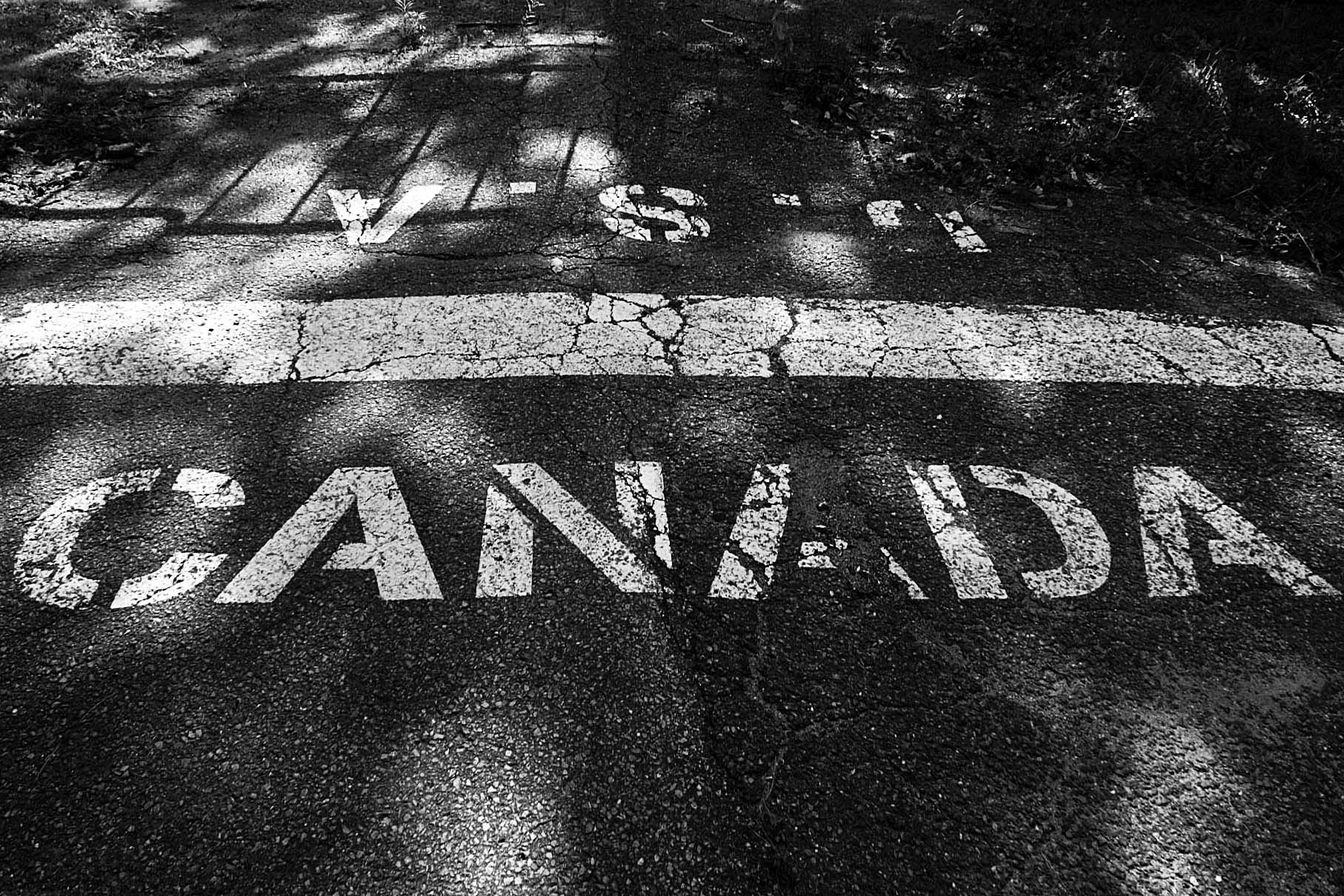Harvard Law School’s Immigration and Refugee Clinical Program has released a report on the effects of President Trump’s executive orders on people seeking asylum protection in the United States under long-standing provisions of U.S. and international law, including refugee law and the Convention Against Torture.
In the wake of the executive orders, media attention has focused largely on the travel ban involving seven predominantly Muslim nations, but the impact of the orders on asylum seekers from around the world has received little attention.
A dozen Harvard Law students, part of the Harvard Immigration Project, have been working intensely over the past two weeks to help produce the report.
The authors of the report warn that President Trump’s executive orders will dramatically restrict access to asylum and other immigration protections in the United States, and will usher in a new regime of large-scale detention, expansion of expedited removal without due process, and deputizing of state and local officials to detain individuals on “mere suspicion” of immigration violations.
According to the report, the executive orders would lead to a massive expansion of immigration-related detention and the construction of new detention centers at the southern border to accommodate a much larger population of detainees. “It will take billions of dollars to accommodate this kind of mass incarceration,” said Professor Deborah Anker, head of the Immigration and Refugee Clinical Program at Harvard Law School. “In the meantime, the new policies allow any state and local enforcement official, not just trained federal agents, to pick people up on mere suspicion, detain them in any remote location, subject them to an ‘expedited removal’ process, where many if not most will be unable to express their fear of return and be screened for making refugee and torture protection claims.”
In view of the report’s findings, the Harvard Program is urging Canada to reconsider its policy of refusing to entertain asylum claims by refugees entering Canada from the United States. Anker and her colleagues sent a letter to Canadian Prime Minister Justin Trudeau and also to Canada’s Minister of Immigration, Refugees and Citizenship Ahmed Hussen urging the Canadian government to halt enforcement of Canada’s Safe Third Country Agreement with the United States. Under this Agreement (or STCA as it is called), Canada refuses to consider the claims to asylum protection of anyone entering from the United States, on the ground that the United States is a “safe country” in which to apply for asylum — a country where asylum claims will be fairly heard, and protection will be granted to legitimate refugees.
“This report clearly shows that the United States is not a safe country for refugees,” said Efrat Arbel LL.M. S.J.D. ’12, law professor at the University of British Columbia and a graduate of Harvard Law School’s doctoral program. “To live up to its legal obligations to refugee protection, Canada must halt enforcement of the Safe Third Country Agreement to ensure that refugee lives are not placed at risk.”
